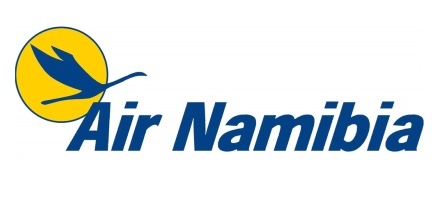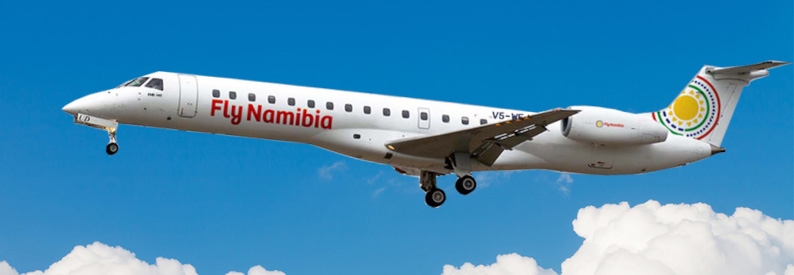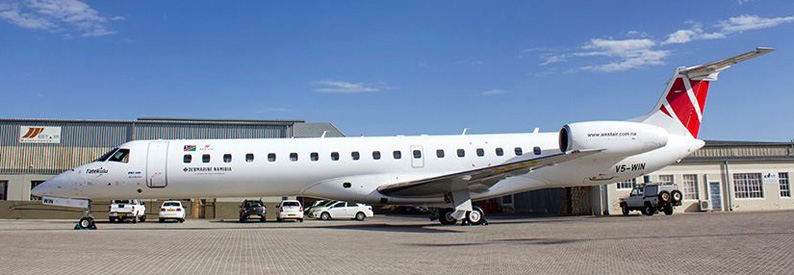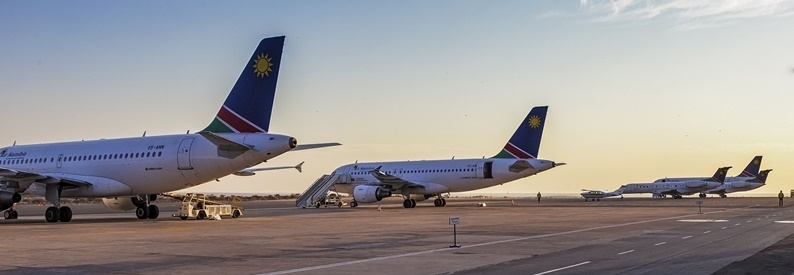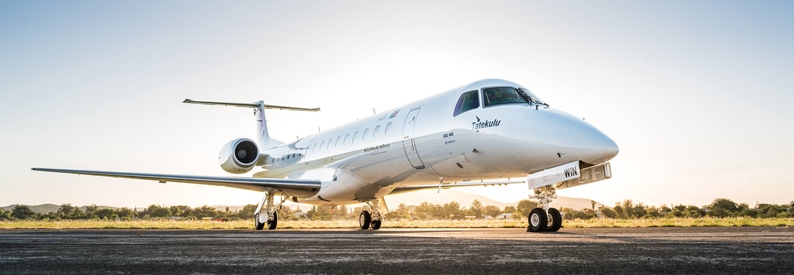Air Namibia (Windhoek International) faces the threat of yet more asset seizures if it does not settle a EUR25 million euro (USD29 million) lawsuit with defunct Belgian carrier Challengair (Brussels National) by the end of this month.
The suit dates back to March 1998 when the state-owned Namibian carrier agreed to lease a B767-300(ER), msn 25535, from Challengair. However, in July of that year, Air Namibia terminated the agreement after discovering the aircraft to be materially defective. A day after the termination, Challengair was placed into liquidation.
Eventually, in 2006, the two parties (the Namibian side included TransNamib, the rail firm) agreed to binding arbitration with the hearing going ahead later that year in London. In August of 2008, the arbiter ruled against Air Namibia and TransNamib.
In 2011, a French arbitration court ruled that Air Namibia must pay Challengair for services rendered as well as its legal costs. In January 2015, a Munich Regional Appeal Court also issued a ruling against the Namibians who then sought to have the EUR25 million decision overturned on the grounds that the German court did not have jurisdiction for the declaration of enforceability of the arbitration award because the airline owned no assets in Germany.
According to court documents seen by The Patriot newspaper, Challengair sought the assistance of the German courts because Air Namibia has a presence in the country via its GSA there, Aviareps, and therefore has a bank account which can be attached. Although Air Namibia serves Frankfurt International with its A330-200s, the aircraft are immune to the ruling as they are not owned by the airline but are leased from Voyager Aviation (formerly Intrepid Aviation).
"The fear in this respect relates to the fuel contained in the Aircraft," official documents seen by the paper said. "The legal opinion provided in this regards indicates that, though Air Namibia aircraft cannot be attached by Challenge Air, it is indeed possible to attach the Kerosene (fuel) contained in the aircraft. The latter is due to the fact that, under German law, kerosene (fuel) is a movable physical object. The attachment of a movable physical object in the custody and control of the debtor is effected by the court’s appointed enforcement officer taking possession of it."
Senior airline officials told the paper that Air Namibia was recently informed that Challengair has now applied for an attachment order against Aviareps in respect of funds held by it on behalf of Air Namibia.
“These actions are aimed at recovering the legal costs to which Challengair is entitled by virtue of the proceedings which took place in Germany. Through these actions it has become evident that the matter has now reached a crucial stage, making action on the part of both Air Namibia and its shareholder urgent. It is clear that the executive seizure at Aviareps is aimed at all the assets belonging to Air Namibia and Transnamib actually held by Aviareps,” the document indicated.
The Belgians have been unable to pursue their claims in Namibia itself after Air Namibia previously applied for, and was granted, an order in the High Court of Namibia declaring the arbitration agreement, and subsequent proceedings, null and void and unenforceable.
As such, last week, Challengair's Namibian representatives, Wilhelm Shali and Anicet Baum, sent a letter of demand to Air Namibia through a local law firm informing the airline of the impending attachment of their funds in Germany if the matter is not settled within 10 days.
Air Namibia spokesman Paul Nakawa has acknowledged Challengair's renewed claims but has declined to comment on the matter pending a court hearing in Windhoek on December 3.
Earlier this month, a Zimbabwean court ordered Air Namibia to pay a Zimbabwean family USD1 million in compensation for trauma suffered as a result of their being denied boarding for a Frankfurt-bound flight by German immigration officials. A wet-leased E145 operated for Air Namibia was briefly seized at Harare International as the claimants sought to execute the court order. The case is also under review with the Zimbabwean Supreme Court.
